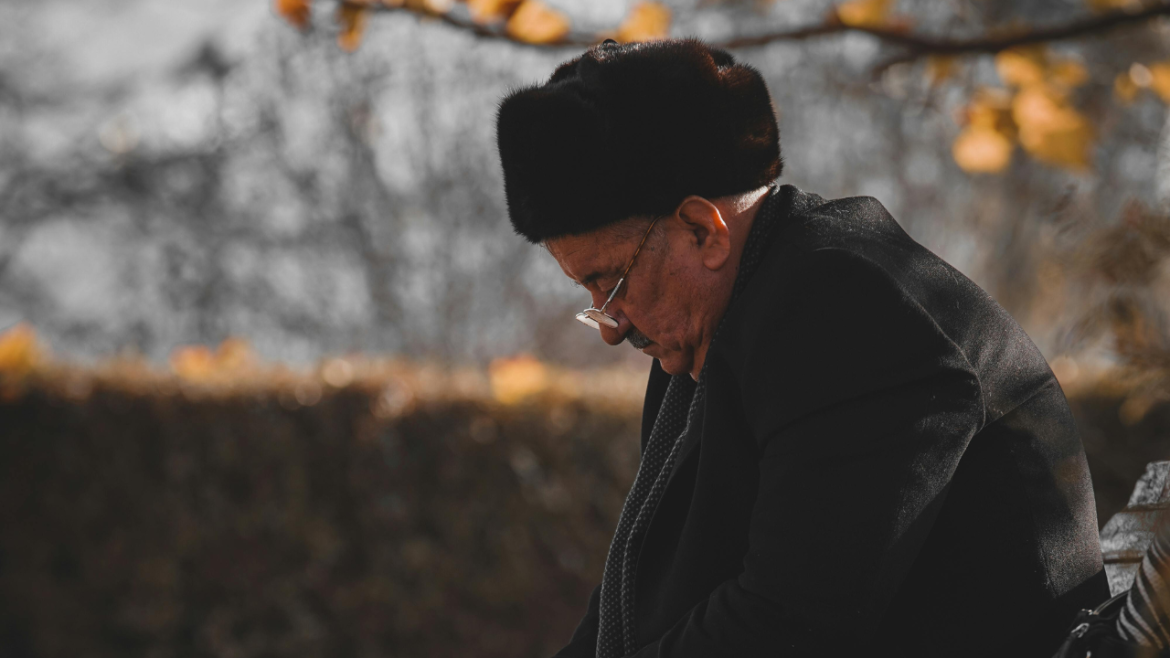What Is Lymphedema?
Lymphedema is a condition that often arrives quietly, yet its impact on daily life can grow quickly and become deeply frustrating. Many seniors first notice a subtle heaviness in an arm or leg. Over time, the limb may swell, feel tight, or ache in ways that interrupt movement and comfort.
This swelling is not just a physical change. It carries emotional weight, often bringing confusion, embarrassment, and even fear about what is happening inside the body. Understanding lymphedema helps seniors make sense of these changes while reminding them that support, treatment, and comfort are available.
How Lymphedema Develops In The Body
To fully understand lymphedema, it helps to picture the lymphatic system as a network of vessels and nodes that act like the body’s drainage and cleaning service. This system carries lymph fluid, which removes waste, delivers immune support, and maintains fluid balance. When something interrupts the flow, lymph fluid begins to build up. This accumulation causes swelling that becomes visible and uncomfortable.
Lymphedema can develop after cancer treatment, especially when lymph nodes are removed or damaged during surgery or radiation. It can also occur after infection, injury, or chronic illness. Some seniors may even develop lymphedema without a clear cause, which can feel especially frustrating. Regardless of its origin, the condition reflects an imbalance within a system that no longer circulates fluid efficiently. As swelling increases, the skin may feel firmer, and mobility may decline. Simple activities such as dressing, walking, or bending become more difficult, creating both physical and emotional challenges.
The Emotional Effects Of Living With Lymphedema
Lymphedema affects more than the body. For many seniors, the sudden change in appearance brings a quiet sense of loss. They may feel self-conscious about the swelling, especially if it affects clothing fit or attracts unwanted attention. They may worry about how the condition will progress or feel discouraged when mobility becomes harder. This emotional toll often goes unspoken, yet it is a significant part of the experience.
The discomfort, heaviness, and tightness can also create fatigue. Seniors often describe feeling weighed down—not just physically, but emotionally. The unpredictability of swelling can make them feel as if their body is no longer cooperating. Caregivers may notice frustration or withdrawal, especially if the senior begins avoiding activities they once enjoyed. Understanding these emotional shifts helps families respond with compassion rather than disappointment.
Symptoms That Signal Lymphedema
The most noticeable sign of lymphedema is swelling in the arm, leg, hand, or foot. This swelling may start mild and become more pronounced throughout the day. The affected limb may feel warm, tight, or heavy. Jewelry or clothing might feel restrictive. Mobility may become limited, and the skin may thicken over time if the condition progresses.
Some seniors experience tingling, aching, or reduced flexibility in joints near the swollen area. The skin may also become more susceptible to infections such as cellulitis. Because symptoms develop slowly, many people dismiss the early signs until discomfort becomes impossible to ignore. Recognizing symptoms early encourages earlier treatment, which improves long-term outcomes and reduces complications.
How Lymphedema Is Treated And Managed
While there is no cure for lymphedema, it can be managed effectively with consistent care. Treatment focuses on reducing swelling, improving fluid flow, and protecting the affected limb. Manual lymphatic drainage, a specialized type of massage, helps encourage fluid movement. Compression garments also play a major role by applying gentle pressure that supports circulation and reduces swelling.
Exercise designed for lymphedema can improve mobility and strengthen the muscles that assist lymph fluid movement. Elevation, gentle stretching, and deep breathing techniques also support circulation. Many seniors discover that small daily habits lead to meaningful improvement when practiced consistently. These routines bring a sense of control back into their lives, which can be emotionally grounding.
Skin care is another important component because lymphedema increases vulnerability to infection. Keeping the skin moisturized and protected reduces risk and helps preserve comfort. With proper care, many seniors experience improved mobility, reduced swelling, and a better quality of life.
Living Fully While Managing Lymphedema
Lymphedema may be a long-term condition, but it does not have to diminish joy or independence. Seniors who receive education, support, and appropriate treatment often regain confidence and maintain active lifestyles. The key lies in consistency and understanding. When the condition is managed thoughtfully, the body adapts, and symptoms become easier to control.
Emotional support is just as important as physical treatment. Seniors benefit greatly from compassionate caregivers who acknowledge their challenges while encouraging them to stay engaged. With the right tools, routines, and reassurance, the heaviness of lymphedema becomes more manageable. Life feels less overwhelming when the body is supported and the heart feels understood.
In the end, lymphedema is a condition that requires patience, knowledge, and daily care. Yet it is also a reminder of the body’s resilience. With proper management, seniors can continue to move, connect, and live meaningfully, even when the lymphatic system needs a little extra help.

